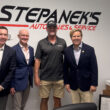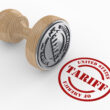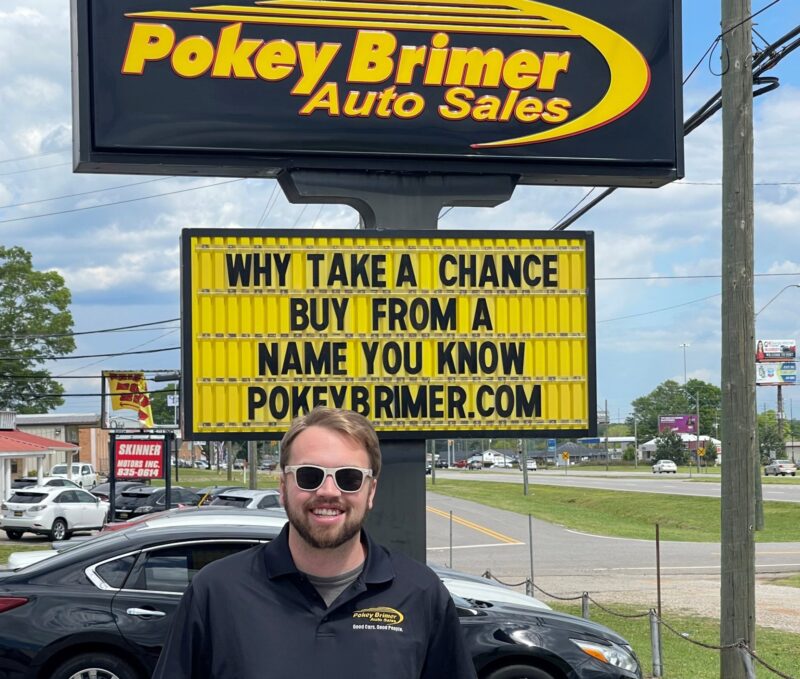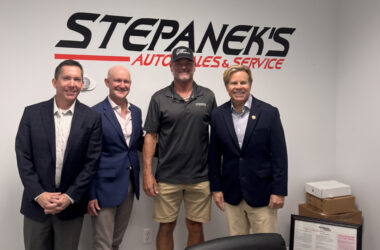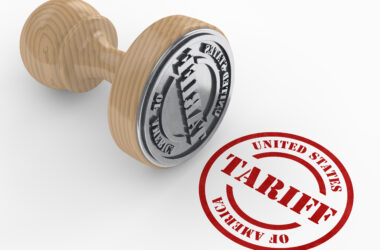From the May issue of UCD
It doesn’t take long for Blaize Brimer to recognize where the value of his dealership lies.
“We’ve been in business for over 40 years and for us, our most valuable asset we have is our name and reputation,” Brimer said.
Protecting that reputation with customers drives every decision at the dealership and primarily their approach to building inventory at Pokey Brimer Auto Sales in Oxford, Alabama. Even in tight times, Brimer and his father, Pokey, stick to their strict guidelines in acquiring inventory. The Brimers focus on American-made four-cylinder sedans for the most part, with just a handful of Toyotas and Hondas.
“We mostly stick with American-made cars, typically four-cylinder vehicles, no German, no BMWs or Mercedes. Nothing too crazy,” Brimer said.
“They’re easier to fix. The access to parts is easier and the parts are cheaper. It keeps our costs down. Costs are going up on everything and to combat that we stick with a car that is a pretty good car that doesn’t require a lot of work, and it’s easy to access parts.”
Specializing in a few makes allows the Brimers to store excess inventory of common parts for their selections.
The primary reason for limiting the inventory selection is to make sure they are equipped the right personnel and knowledge to work on the vehicles on their lot. In a time where it’s hard to recruit and keep mechanics and technicians, the limited makes allows them specialize and work efficiently.
“It’s easier on our mechanics. Once they’ve worked on that car or the same kind five times, they’ve got that car down,” Brimer said. “If it needs an engine, a transmission or a water pump, after they’ve done it once or twice, they become pretty familiar with it. They can beat that book time on that.”
Brimer employs six technicians and handle their own warranty claims.
By limiting their inventory selections, the Brimers believe they are able to provide a better-maintained vehicle for customers.
“Buying 10 of the same model, we know what’s going to fail on that vehicle and we try to fix it before the sale,” Brimer said.
It has limited the number of vehicles brought back by customers. That also helps with collections, which as dealers know, a customer with a broken-down car doesn’t pay.
“They’re not calling in with this service issue and that frustration is taken away,” he said.
The strategy does require some extra effort on the vehicle acquisition end. Brimer said they don’t just go to the local auction and settle for what’s available.
“We go anywhere and everywhere,” Brimer said. “We go to the auctions, get trade-ins, and then we do buy cars on the street from time to time.”
Brimer said most of their customers know their selection and they have several repeat customers from the past four decades. He doesn’t worry about the lack of varied selection turning customers off.
“It’s more important for us to sell a reliable car than it is to sell a bunch of models,” Brimer said. “If you narrow it down to just the ones that we know how to work on, we can make that car much more reliable than if we’re buying stuff we’re not familiar with, you know, taking care of our name and our reputation is the most important thing.
“So, when a customer has a problem, the fact that we can service that car and get ’em back out fast, that’s what’s really important. That’s what keeps people coming back to us.”


